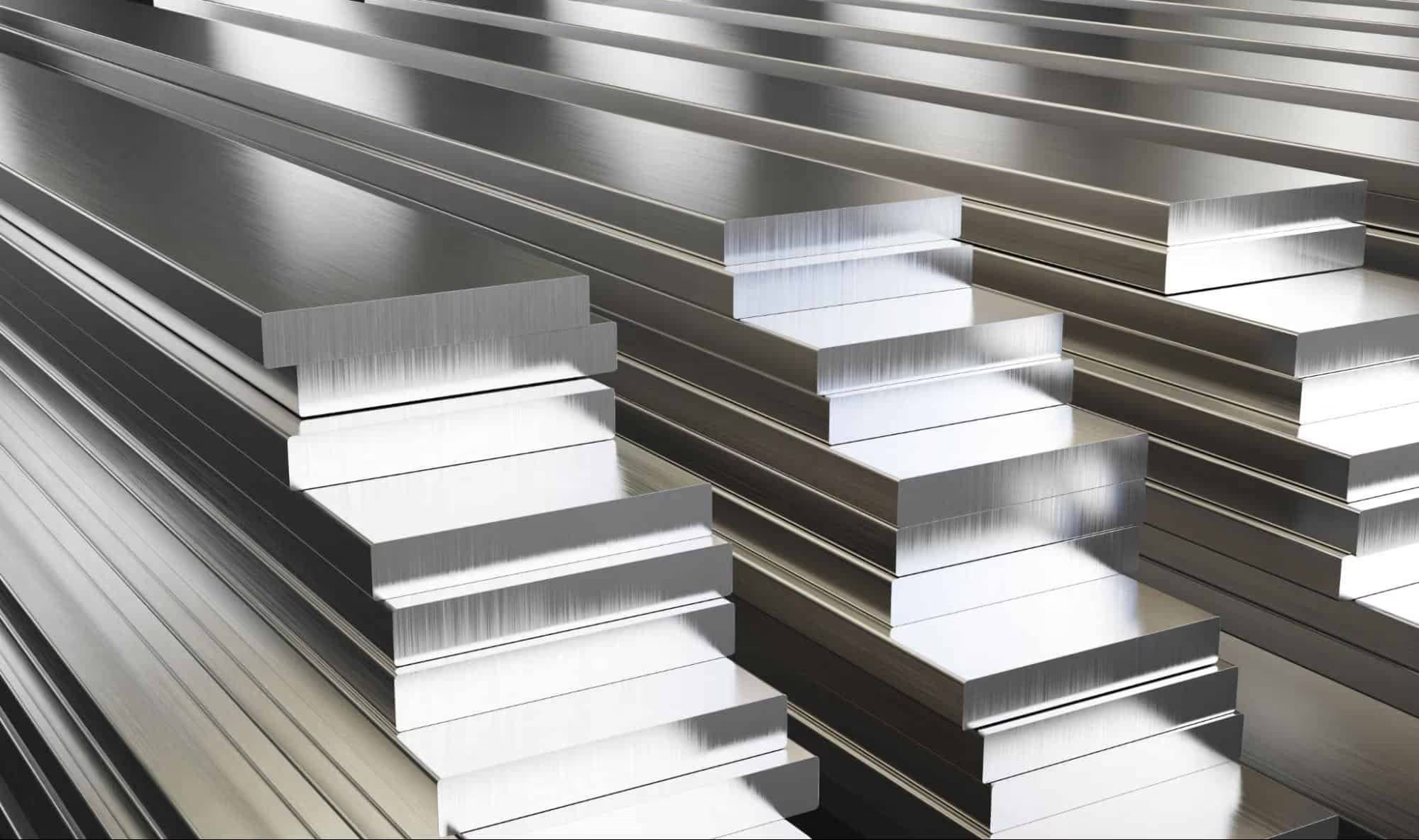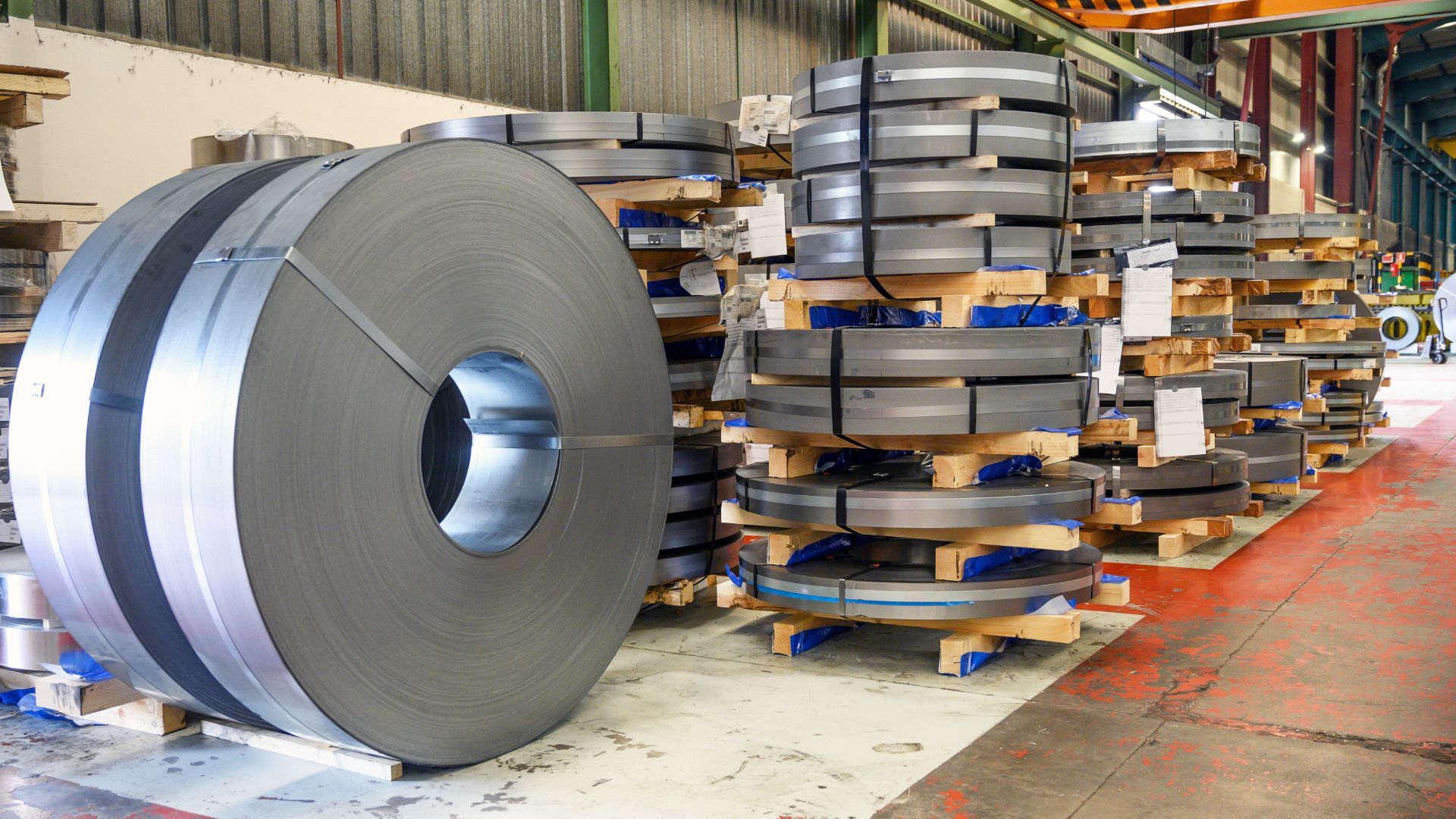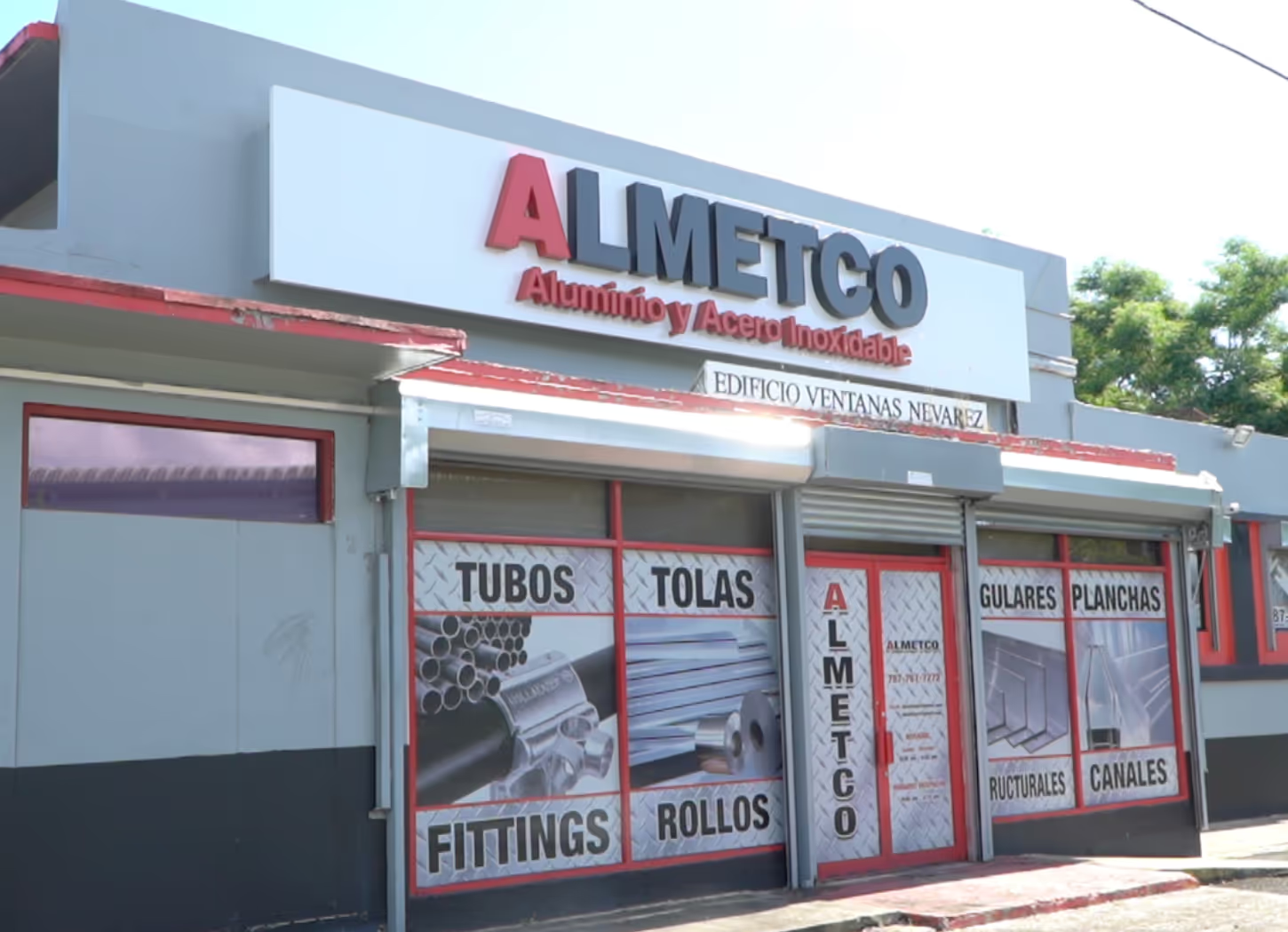Aluminum Alloys Guide: Uses and Characteristics

Aluminum is one of the most widely used metals in the world thanks to its light weight, corrosion resistance, and excellent strength-to-weight ratio. In its pure form, aluminum is soft, but when combined with other elements, it forms alloys with mechanical properties tailored to different industrial applications.
Below is an overview of the most common alloys available in ALMETCO’s catalog:
Alloy 1100
Properties:
- Nearly pure aluminum (99%)
- High corrosion resistance
- Excellent thermal and electrical conductivity
- Very easy to work with
Common Applications:
- Chemical equipment
- Signage
- Utensils
- Heat exchangers
Alloy 2011
Properties:
- Excellent machinability
- Medium mechanical strength
- Copper-based alloy
Common Applications:
- Screws
- Connectors
- Automatic machining parts
Alloy 2024
Properties:
- High mechanical and fatigue resistance
- Strong strength-to-weight ratio
- Heat-treatable
Common Applications:
- Aerospace industry
- Transportation structures
- Hardware
Alloy 3003
Properties:
- Easy to bend and form
- Good corrosion resistance
- Non-heat-treatable
Common Applications:
- Architectural cladding
- Cookware
- Roofing and siding
Alloy 5052
Properties:
- Excellent weldability
- High resistance in marine environments
- Non-heat-treatable
Common Applications:
- Marine applications
- Tanks
- Trailers
- Exposed structures
Alloy 6061
Properties:
- Good mechanical strength
- Excellent weldability and machinability
- Heat-treatable
Common Applications:
- Heavy structures
- Transportation
- Platforms
- Frames
Alloy 6063
Properties:
- Very good surface finish
- Medium strength with high corrosion resistance
- Ideal for architectural extrusions
Common Applications:
- Window frames
- Aluminum furniture
- Railings
At ALMETCO, we provide these alloys in various forms—plates, sheets, extrusions, and more—ready for your specific project needs.
👉 Contact us today to learn more or request a quote.


